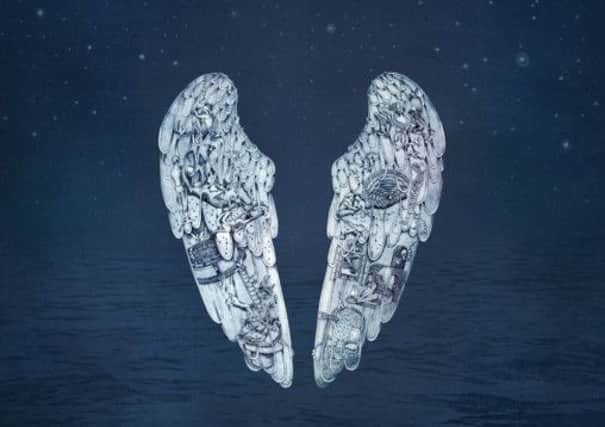Album review: Coldplay: Ghost Stories


COLDPLAY: GHOST STORIES
PARLOPHONE, £15.99
* * *
There is no mistaking the message behind lyrics such as “tell me you love me, if you don’t then lie” (True Love), “late night watching TV, used to be your arms around me” (Another’s Arms) or the specifically autobiographical “got a tattoo and the pain’s alright, just want a way of keeping you in sight” (Ink).
Chris Martin has all but confirmed his intentions, describing Coldplay’s sixth album as “42 minutes on an emotional treadmill”. The downbeat Ghost Stories is not quite the hard work that statement might suggest, but it does represent something of an artistic purge for a complacent band who have been surfing the same wave of banal uplift for too long, via vacuous euphoric anthems such as Paradise and Martin’s frustratingly oblique/meaningless lyrics.
Advertisement
Hide AdIn the grand scheme of heartache confessionals, Martin’s approach is more irrigating hydrotherapy than face peel. There’s no raw, bitter, chest-beating torment, only careworn, philosophical acceptance, around which his bandmates rally with their suitably soothing musical balm.
Ironically, for an album which is all about Martin’s misery, the songwriting has consciously involved more of a group effort this time, and Messrs Buckland, Berryman and Champion have come through with a beguiling backing for their frontman’s wistful, zen-like vocals, the mostly ambient electronic reverie interrupted occasionally by lamenting choral murmurs or the dissonant guitar work on True Love.
Apart from Avicii stomping over A Sky Full Of Stars with his ravey jackboots, this is an admirably low-key affair, attracting some cautious comparisons with Radiohead’s 14-year-old Kid A. The haunting vocoder ballad Midnight is a sombre highlight and Martin’s falsetto on Oceans is exquisitely mournful but, still, the album skirts the coffee table several times. Previous single Magic is flat and expressionless though it could be argued this chimes more closely with the idea break-ups are often followed by a sense of numbness rather than catastrophe.
Who knows how this navel-gazing will come over live, but it’s a brave move for such a commercially successful band, and one which feels necessary for their creative survival.